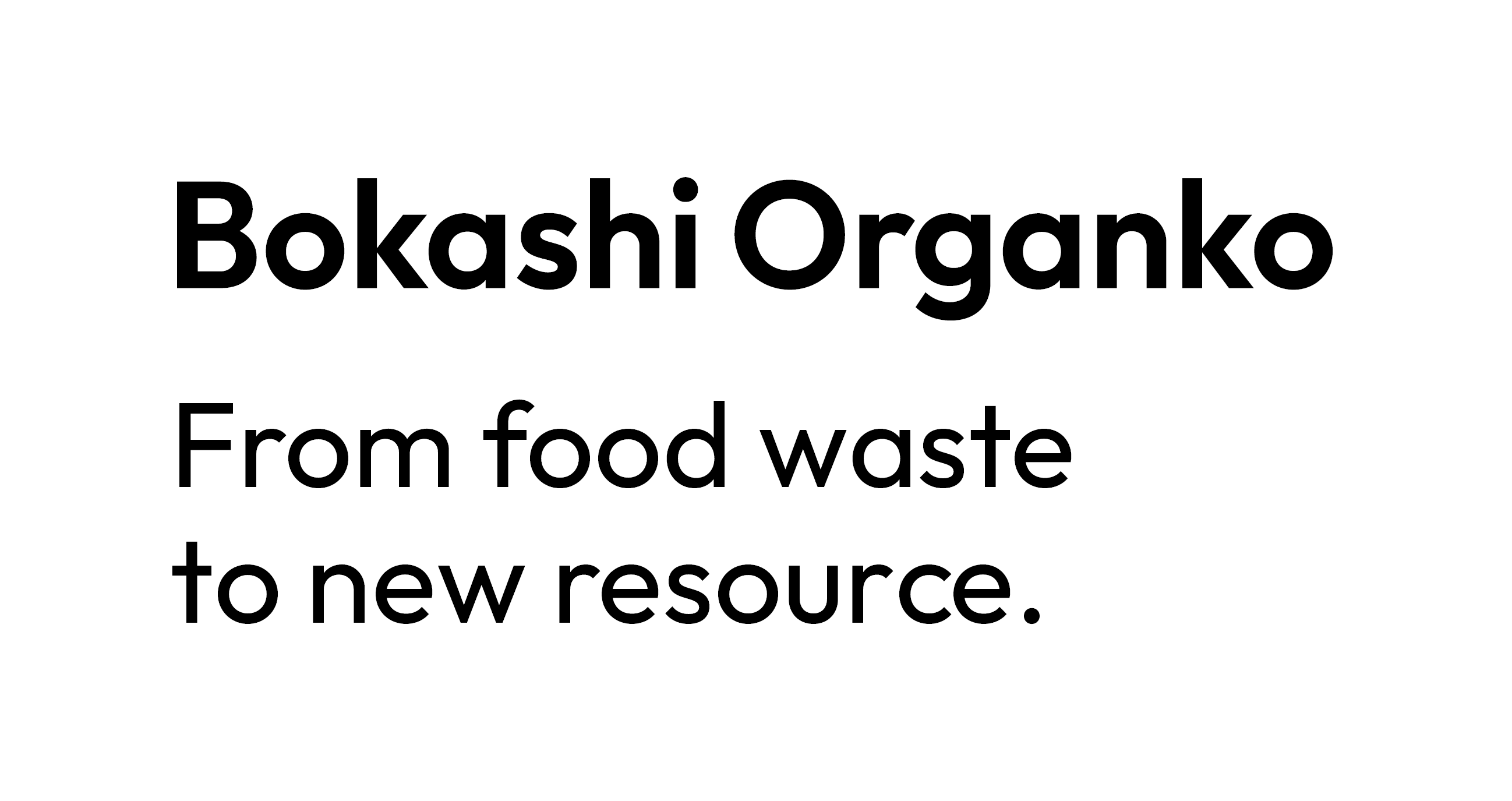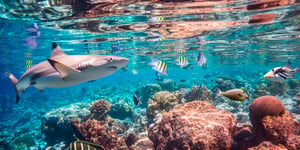When we think about preserving the environment and reducing our carbon footprint, the first thing that comes to mind are green spaces and rainforests as an important source of oxygen, but in fact, the ocean plays a bigger role than you might have imagined. Let’s dive into some interesting facts and learn why plastic pollution in the ocean is so problematic and what can we do about it.
Oxygen production
The rainforests are often referred to as “lungs of the planet”, but as a matter of fact, the ocean produces 70% of the oxygen on Earth. This is thanks to phytoplankton, a microscopic plant carried by the oceanic currents that absorbs carbon dioxide and releases oxygen. Phytoplankton is one of the tiniest beings on the planet, but one of the most important to keep us alive.
Weather and climate
As the ocean covers about 70% of the Earth’s surface, it absorbs the heat from sun rays and transports warm water from the equator to the poles with its currents, thus regulating weather patterns and climate. It regulates rain and droughts and keeps temperatures in balance.
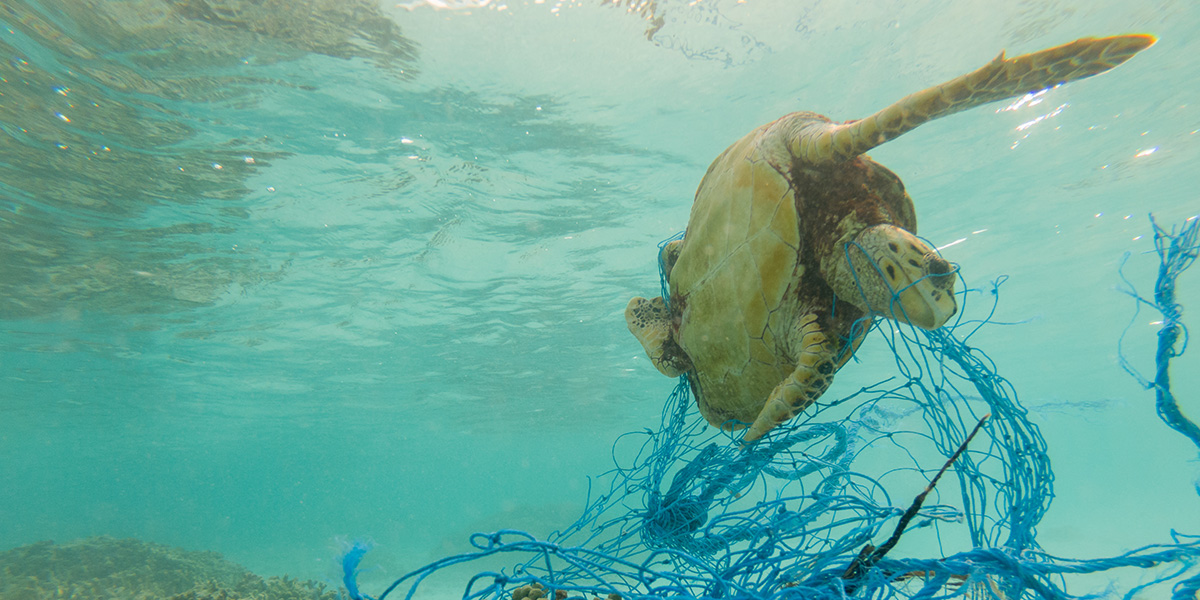 Source of food and medicine
Source of food and medicine
Fish and other seafood account for about 15.7% of the animal protein consumed globally, but there are also algae, seaweed, and other sea plants used for cooking sushi, etc. that are gaining popularity. With the growing world population, we will be relying on the ocean as a source of alternative and nutritious food more and more. Besides, many medical products that help fight cancer, Alzheimer’s disease, and arthritis include ingredients from the ocean.
Transport and economy
There are about 60 million jobs related to the ocean, from people working in coastal and maritime tourism, renewable energy, mineral resources, biotechnology, fisheries, shipbuilding and ship repair, offshore oil and gas, and transport. The so-called blue sector is estimated to account for up to $1.5 Trillion Economy.
Undoubtedly, the ocean has numerous benefits for the planet and all the living beings on it, but in the last decades, we’ve endangered this unique and valuable ecosystem with plastic pollution affecting especially the marine wildlife.
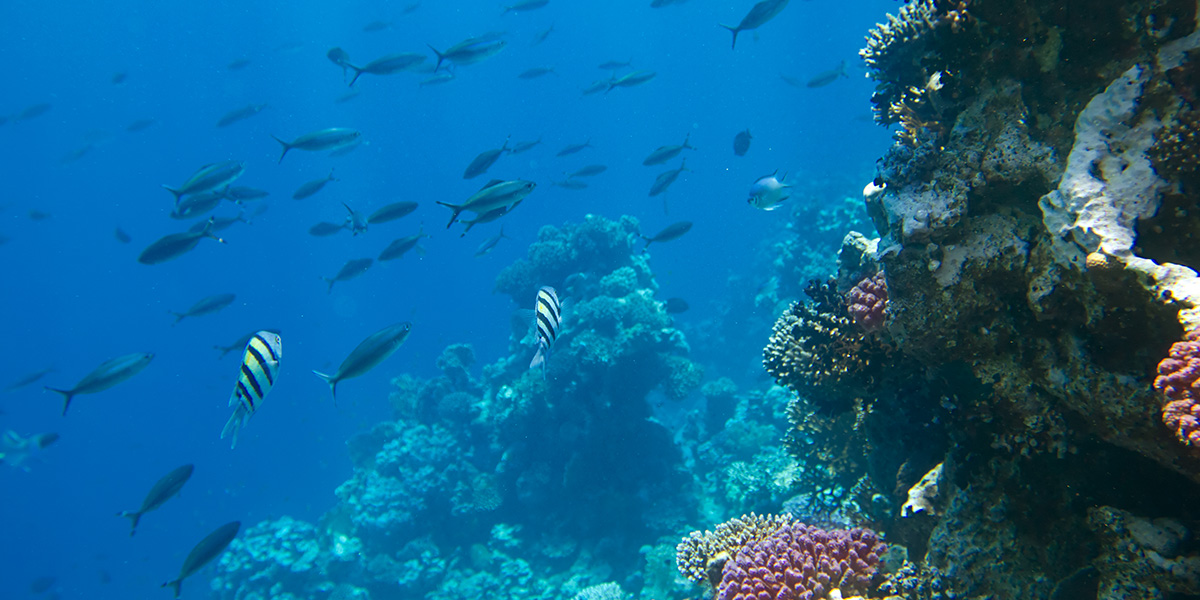 Plastic pollution in the ocean – how it affects the environment?
Plastic pollution in the ocean – how it affects the environment?
We’ve all come across pictures showing coasts covered with tiny plastic particles and even more disturbing ones with marine species such as seabirds, whales, fishes, and turtles, mistaking plastic waste for prey and dying from ingestion, suffocation, or entanglement. About 700 species are thus on the verge of extinction. Plastic pollution in the ocean is real and it demands our attention and action now.
Aside from that, the excess debris, nitrogen, and phosphorus cause lower levels of O2 in the ocean, consequently leading to dead zone areas where no marine life can survive. Plastic pollution in the ocean is an actual threat to human health, as the pollutants make their way back through toxins in seafood that we eventually eat.
What can we do to prevent plastic pollution?
Seeing the disastrous effects of plastic pollution in the ocean, almost anything we do to prevent contamination of our seas is a good idea. The first thing we can do is to stop using single-use plastics and choose reusable alternatives. The second simple solution is to take care of properly recycling plastic waste to keep it in the loop and not waste precious resources.
A great example of reusing something that already exists is the Bokashi Organko 2 Ocean composter, made from hand-picked recycled fishing nets. In fact, 46% of plastic in the ocean comes from fishing nets, so this is a win-win solution – on one hand, we are cleaning the oceans and on the other, we are reusing existing plastics.
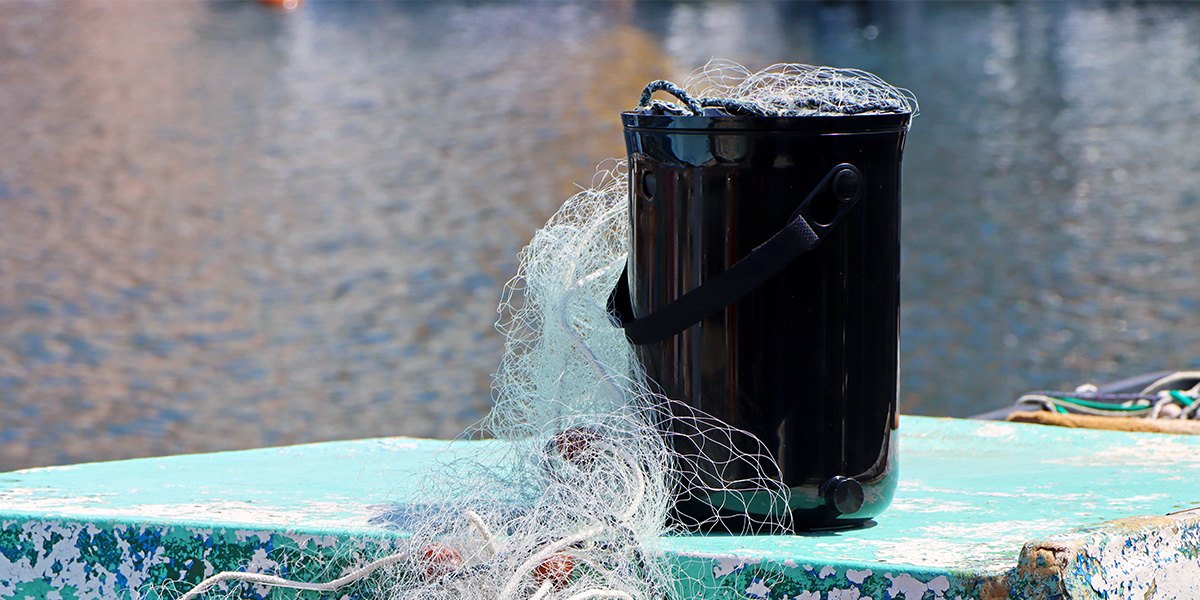 Using a bokashi composter can also make a huge impact on the way we treat our waste and take care of the environment. Composting motivates us to rethink our consumer practices and at the same time inspires us to grow our own food in a healthy way.
Using a bokashi composter can also make a huge impact on the way we treat our waste and take care of the environment. Composting motivates us to rethink our consumer practices and at the same time inspires us to grow our own food in a healthy way.
In conclusion, the ocean gives us life, but at the same time, it improves the quality of our life. Not surprisingly, the best holidays are close to the water, as it improves our health and wellbeing, reduces stress, and it is therapeutic and revitalizing. With the summer slowly saying goodbye let’s take the treasured seaside memories as a source of motivation to introduce some environmentally friendly practices in our lives and protect this precious ecosystem.

